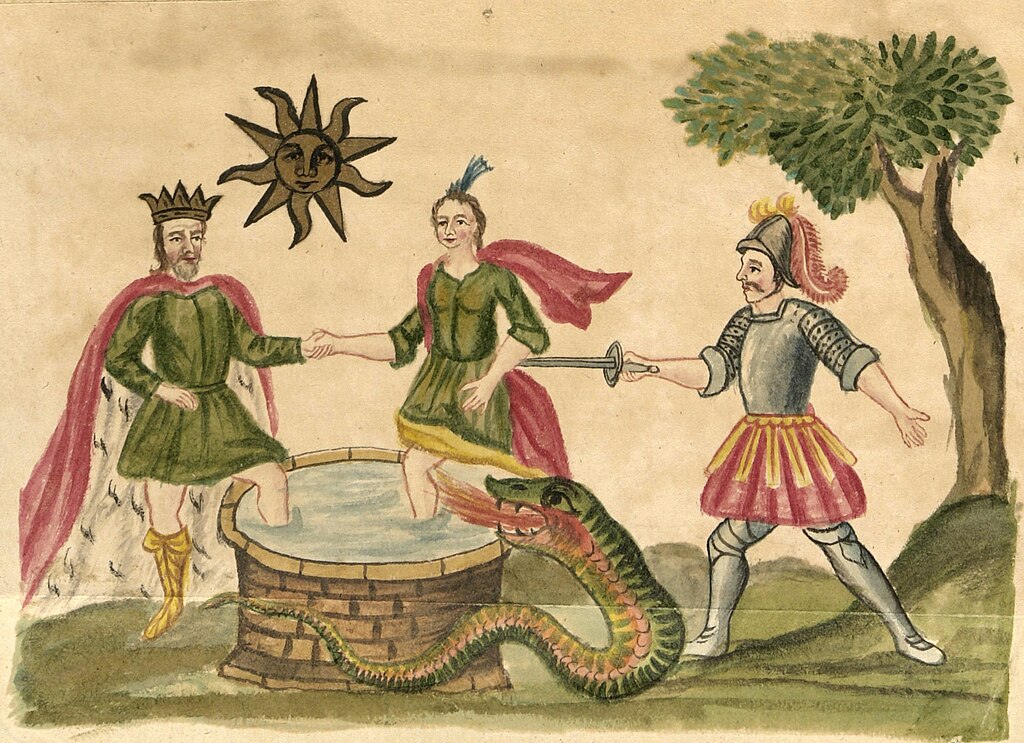Welcome to our newsletter, dear readers,
• We begin our monthly selection with excerpts from a major biographical work, Titus Burckhardt: Sufism Between East and West, full of insights into the extraordinary life, character and works of one of the best known and most beloved traditional authorities of recent times.
In face of the efficaciousness of traditional rites, individual efforts are almost like trying to play the violin on a box lined with strings. Given that the rites consist of invocations, in evocations, in colligations which serve as a very fluid and subtle means that should penetrate the region of the heart and not the brain, the comprehension of a sacred language is of an importance that should not be underestimated. By the way, the entire Quran is built on such musical and spiritual laws, which even seem to bear a very clear pre-eminence over doctrinal architecture.
• Then we present “Nature and Language of Alchemy” a fundamental chapter from Burckhardt’s own Alchemy: Science of The Cosmos, Science of The Soul, introducing the readers to the basic tenets and the elements of what is called a “sacred science” and a “royal art”, especially in its essential and practical links to religion and the contemplative life.
The “style” of alchemy is so different from that of mysticism, which is directly based on a religious faith, that some have been tempted to call it a “mysticism without God”. This expression, however, is perfectly inept, not to say completely false, for alchemy presupposes a belief in God, and almost all its masters place great importance on the practice of prayer. The expression is true only to the extent that alchemy as such possesses no theological framework. Thus the theological perspective so characteristic of mysticism does not delimit the spiritual horizon of alchemy.
Zoroaster Clavis Artis, Ms-2-27, Biblioteca Civica Hortis, Trieste
• Finally, we bring you the article, “Yunus Emre’s Grammar of the Self”, with a choice of poems by the great alchemist and Turkish Sufi master and contemplative, both in translation and the original.
I am going to describe something of law and the truth:
The law is a ship, the truth is the sea.
The wood of the ship may be perfectly fashioned.
But when the wave rushes, the sea breaks it apart.




